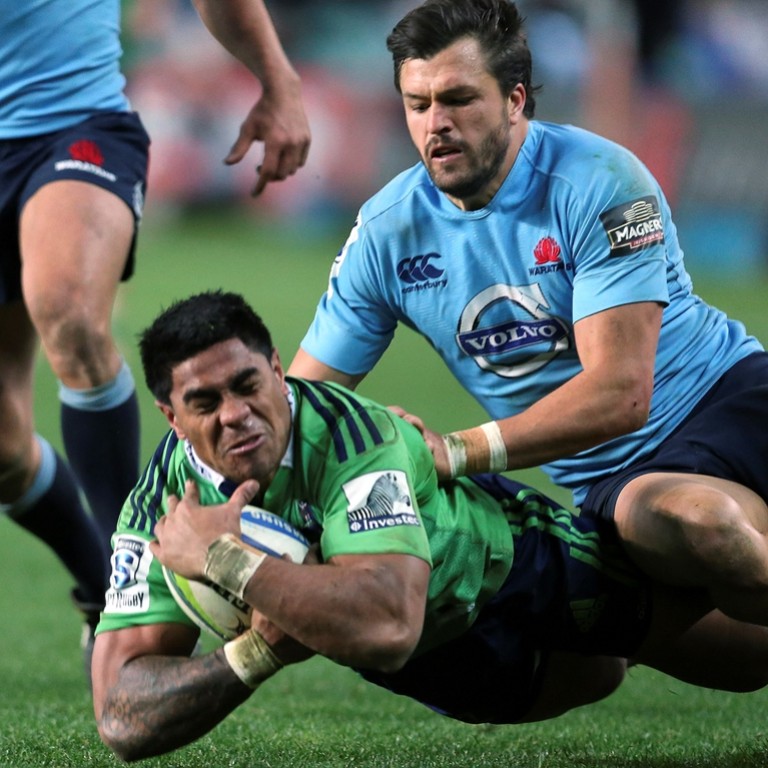
Questions remain as Japan, Singapore chase ‘super’ hero status
Either Singapore or Japan will have a team in the Super Rugby competition by 2016. Sanzar, the governing body of the southern hemisphere’s premier club competition, has confirmed one of these two countries will be home to the third new team as Super 15 becomes Super 18.
Either Singapore or Japan will have a team in the Super Rugby competition by 2016.
Sanzar, the governing body of the southern hemisphere’s premier club competition, has confirmed one of these two countries will be home to the third new team as Super 15 becomes Super 18. The other two will be the Southern Kings from South Africa and an as yet unnamed side from Argentina.
While we would have loved Hong Kong to have been involved – hosting a franchise comprising mainly overseas players plus maybe the best from this city – it seems far-fetched that Singapore should raise its hand.
Surely, Japan is the only serious candidate. They have all the ingredients in place – a blossoming corporate rugby scene which includes many top players from Australia and New Zealand, and the financial clout.
I would say ‘good luck’ to them as I understand the commitment needs to be for five years and ... the cost of running a Super Rugby team is over A$20 million a year
But more importantly the quality of the Japanese national players is of a standard where they will not look out of place in such rarefied company.
Japan’s national side have already broken into the top 10 in the world and are by far the leading Asian team on the IRB rankings – Hong Kong are second at number 23.
Singapore, meanwhile, are a lowly 58th. They feature in the lower divisions in Asian rugby and do not have the local players capable of making it into a franchise. This defeats the whole purpose – to get local fans excited and raise the game’s standards.
What Singapore has aplenty though is ambition and a will to get things done. The progressive thinkers must believe there is a great financial benefit in having a Super Rugby team now they have a state-of-the-art stadium.
The new Singapore Sports Hub features a plush venue which can host more than 50,000 fans. Just imagine the ACT Brumbies or the Waikato Chiefs doing battle there. It will attract the Singaporeans like bees to honey. The local community in Singapore may love their rugby even more than their counterparts in Hong Kong.
Moneywise, it might be a sound decision but as far as the development of the Asian game, it would be better if Japan, or even Hong Kong, were to host a franchise.
Outgoing Hong Kong Rugby Football Union boss Trevor Gregory is sceptical of the idea of Singapore hosting a team. He says it is not sustainable, not only for that city, but for anywhere in Asia at this time.
“I would say ‘good luck’ to them as I understand the commitment needs to be for five years, and based on the recent example of the Melbourne Rebels, the cost of running a Super Rugby team is over A$20 million a year,” reveals Gregory.
Who today can afford to throw away HK$700 million over five years?
“Unless there is a specific benefactor who can derive such an amount of value out of pursuing this venture, I don’t feel this is sustainable,” adds Gregory, who probably knows better than most having been the driving force behind the union bringing the Bledisloe Cup and the British & Irish Lions to Hong Kong.
Of course, it would be great if Hong Kong could host a Super Rugby franchise, but good luck to Singapore and Japan. Let’s hope it works out and that one of them can lay the groundwork for more Asian franchises in the future.

